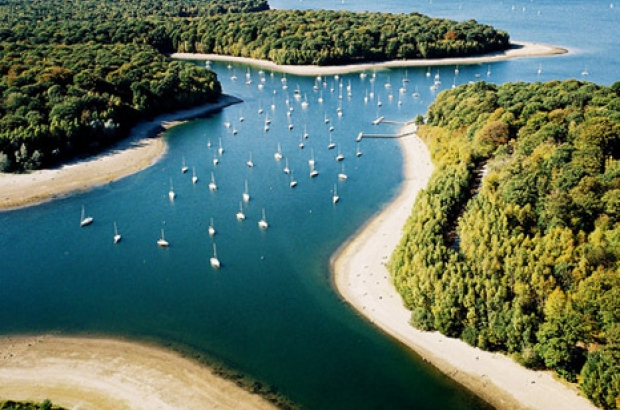- Daily & Weekly newsletters
- Buy & download The Bulletin
- Comment on our articles
Belgium joins global pledge to stop nature and biodiversity loss
More than 60 heads of state and government, including Belgian prime minister Sophie Wilmès and president of the European Commission Ursula von der Leyen, have endorsed the ‘Leaders’ Pledge for Nature’, to protect human and planetary health.
Launched on 28 September, just before the 30 September United Nations Summit on Biodiversity in New York, the pledge lays down urgent actions needed to reverse biodiversity loss by 2030. These include transitioning to sustainable patterns of production and consumption; reducing pollution on land, air and sea, including eliminating marine plastic waste; and investing more money in biodiversity and nature-based solutions.
“The WWF is happy that Belgium is co-signing this promise,” said WWF Belgium’s policy director and deputy CEO, Sofie Luyten. “We hope that the next federal government will do everything possible to take the necessary measures at national level to stop nature loss and halve the impact of our production and consumption patterns.”
At WWF International, director general Marco Lambertini called the Pledge a pivotal moment, with countries “demonstrating real leadership”. He urged all leaders to build on this ambition at the upcoming UN biodiversity summit.
“Nature and biodiversity loss is so severe that it poses grave risks to our health, economy and livelihoods,” Lambertini said. “Pandemics, wildfires, wildlife decline and climate change are all symptoms of our dangerously unbalanced relationship with the natural world. We can’t ignore it any longer, and we must act decisively.”
The Pledge for Nature comes less than two weeks after the UN’s Global Biodiversity Outlook 5 report, which revealed that the world is not on course to meet any of its decade-long Aichi biodiversity targets [set in October 2010 as part of the updated biodiversity plan 2011-2020 and agreed at the international biodiversity conference in Nagoya, part of Japan’s Aichi prefecture].
“Today’s pledge must be more than just a signature; it must be the point of change for biodiversity,” said Ester Asin Martinez, director of the Brussels-based WWF European Policy Office. She said it was also time for the EU to rapidly implement its own 2030 biodiversity strategy.
More money is essential to stop biodiversity loss, experts added: “For too long, we have woefully under-valued and under-invested in nature,” said Jennifer Morris, chief executive officer of the Virginia-based environmental organisation, Nature Conservancy. “Our research shows that we need to spend an additional US$600-800 billion annually to reverse the biodiversity crisis – and that governments can pave the way with the right policies, regulations and incentives.”
Photo: Belgium's Lac de l'Eau d'Heure.


















